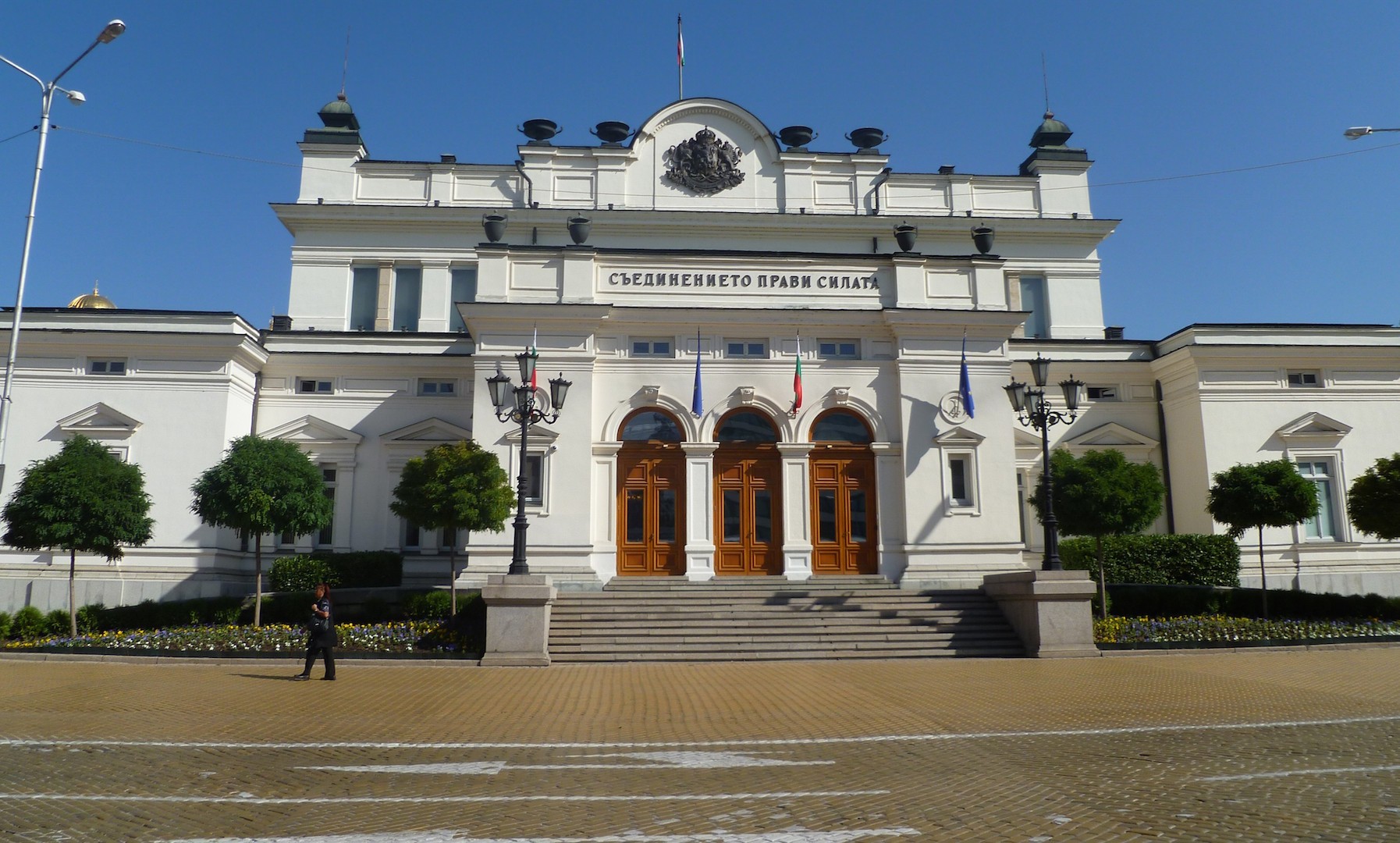The Bulgarian political world was shocked into action on August 10 when the party that won the country’s July 11 elections, There is Such a Nation, withdrew its ministerial nominations, including a large number of young unknowns who were educated abroad, one day before a scheduled parliamentary approval vote.
The party proved to be inflexible when it came to opening its cabinet nominations to potential coalition partners, leading many to believe the ministerial nominations, some of whom had questionable credentials, would likely not have been approved in parliament.
Elections are not a guaranteed outcome but are considered likely by many analysts. Government formation efforts will now shift to the second place (in the July elections) GERB party, a mainstay of Bulgarian politics in recent years, headed by former Prime Minister Boyko Borissov.
If this effort fails or Borissov passes up the opportunity, the task of forming a government can be handed to a third political party, as was done after the April elections when the Bulgarian Socialist Party (BSP) was given the mandate. In order to resolve the crisis and avoid a new election cycle, the BSP has hinted that it may recommend the current caretaker government become permanent.
Bad news for Skopje
Nobody can be more disillusioned by the political deadlock in Sofia than North Macedonia’s Prime Minister Zoran Zaev who will be forced to endure a longer period of weak governance in Sofia which means the bilateral nationality and language dispute remains unresolved. Pressure on Sofia from the current EU presidency incumbent Slovenia, which had promised to focus on EU Enlargement, will likely prove ineffective in this environment, as would suggestions from the major powers, at least in public. It will also revive the debate inside the EU as to whether Albania should be allowed to initiate its accession process before North Macedonia, although both countries had hoped to move in tandem.

